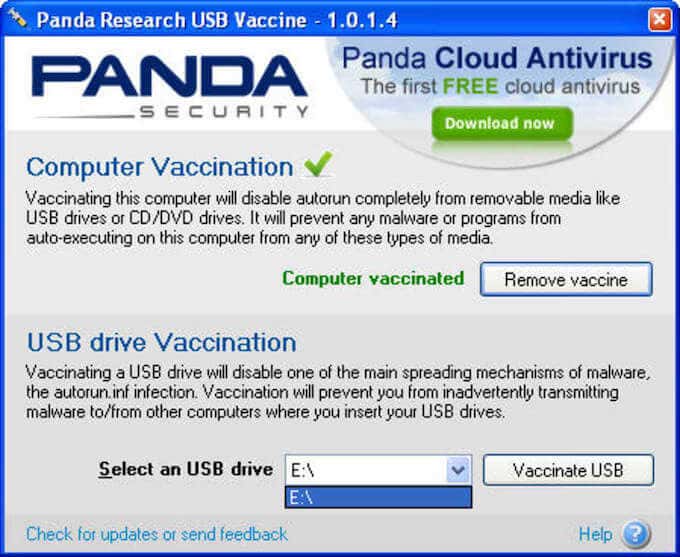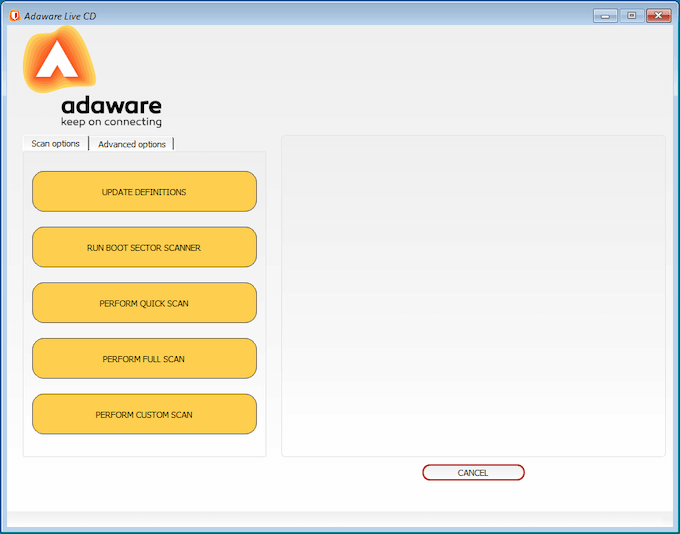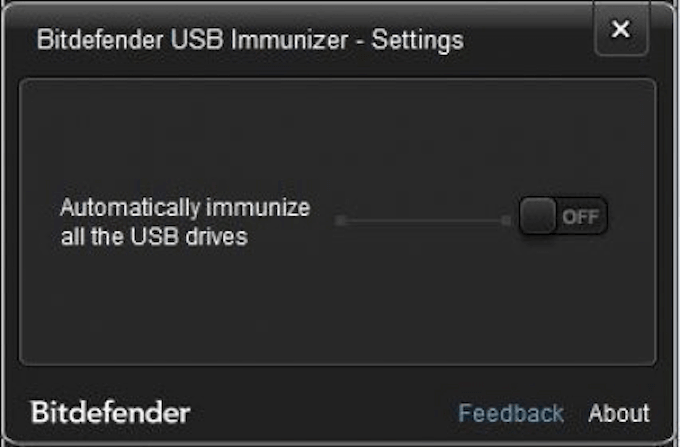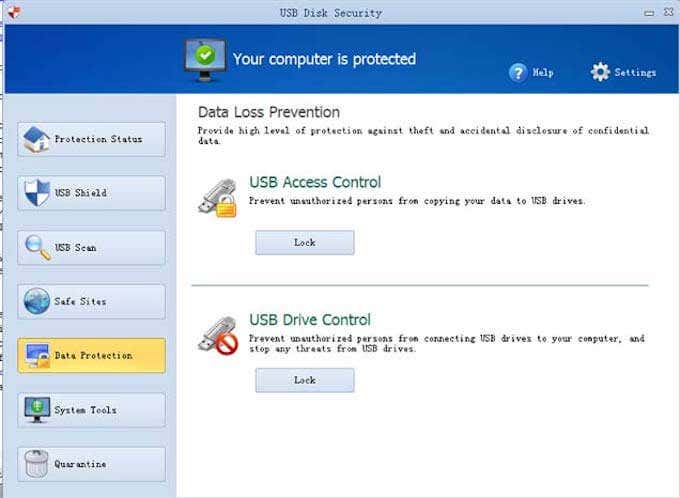Before taking it to the repair shop
It’s happened to everyone: Somehow, your computer got infected and now it won’t even start. Rather than take it directly to a repair shop and pay an exorbitant amount, try a USB virus scanner. These devices can scan your system for viruses and malware without starting the operating system.
There are numerous USB virus scanner options on the market, but it can be hard to narrow down exactly which one is the best choice for you.

The following are the best USB virus scanners to try. These programs can not only be launched from USB drives, but they can also scan new drives that are plugged into your system.
Panda USB
Despite its cute name, Panda USB is nothing to sneeze at. The USB-based virus scanner is capable of searching through an infected system and rooting out the problem. It’s also free, which is a major plus to anyone looking to repair a computer on the cheap.
The most impressive part, however, is the USB Vaccine. An increasing number of malicious programs attempt to spread through USB sticks. These programs will often plant themselves on drives without the user knowing and then spread to the next system it’s plugged into.

Panda’s USB Vaccine disables the ability for programs to do this, adding an extra layer of protection to your machine. It does this by disabling the ability for programs to run automatically, which means you have to approve every step of the process.
This can be inconvenient, but it does ensure that no program can run on your machine without your knowledge. Panda USB can be downloaded from CNet and fits on nearly any size USB drive.
Adaware Live CD
Adaware Live CD is just a name. The program can be installed on a CD, but it can also be installed directly onto a USB drive. Once you’ve installed the program onto a flash drive, you can boot it from the BIOS menu where you’ll see several options: boot sector scan, quick scan, full scan, and custom scan.

It even gives users the ability to update definitions before it scans; in other words, you can tell it what new viruses to be on the lookout for. The ability to scan specific parts of your drive makes this a tremendously useful tool, especially if you already have a suspicion as to where the infection may be.
The downside is that it requires a minimum of 2 GB of space, so it’s a rather hefty file. It also requires that you run Windows 7 or later and will not work with Mac devices. Due to the installation and setup process required, it’s a good idea to create this drive and have it standing by in case of emergency.
Bitdefender
Bitdefender has been around for a long time and has built quite the reputation as a powerful antivirus program. It features a “USB immunizer” program that disables threats on USB drives before they are able to access the system. It does this in real time, so you don’t have to do anything besides plug the drive in.

It also adds an additional layer of security by disabling autorun, which means that even a drive that hasn’t been scanned will be unable to harm your system. This isn’t a USB-based scanner. Bitdefender is intended to protect against unwanted intrusion from unknown USB drives, and it excels at doing exactly that.
USB Disk Security
USB Disk Security has several things going for it. First, it’s free to use for any purpose; users won’t have to shell out an arm and a leg to keep their system secure. Second, it constantly scans USB drives for new infections and isolates them before they’re able to spread.

The USB virus scanner program runs automatically whenever a new drive is connected to your machine. There is a premium version of USB Disk Security that features other components, including multiple repair options for infected drives. USB Disk Security can also work with other antivirus programs. It’s a good addition to a more expansive, general-purpose scanner.
Kaspersky
Like Bitdefender, Kaspersky is a well-known name in the world of computer security. The company has produced antivirus programs for years and has now branched out with Kaspersky PURE. This program provides multiple scanning options and allows you to automatically scan any USB drive upon insertion.
This USB virus scanner includes more customizable options, including the maximum drive size it should scan, whether to perform a quick scan or a full scan, and more. These settings are adjustable to improve performance and ensure you don’t spend too much processing power on antivirus scans.

Unfortunately, the quality of a brand name comes with a price tag. Kaspersky Antivirus is $30 for three PCs for one year. You’ll need to renew your subscription after that time, but if you want to ensure full security of your drives, it may be worth it.
These five USB virus canners can help protect your system against unwanted intruders, but this comes with a word of warning. Before you download any program from the internet, make absolutely sure it comes from a trusted source. Many virus distributors try to hide malicious code in the very programs designed to protect against them.
Make sure the security certificate for the website you’re downloading from is up to date and do a quick search to find out if anyone has encountered difficulties with the program recently. It’s better to be safe than sorry, particularly when it comes to your personal information.





